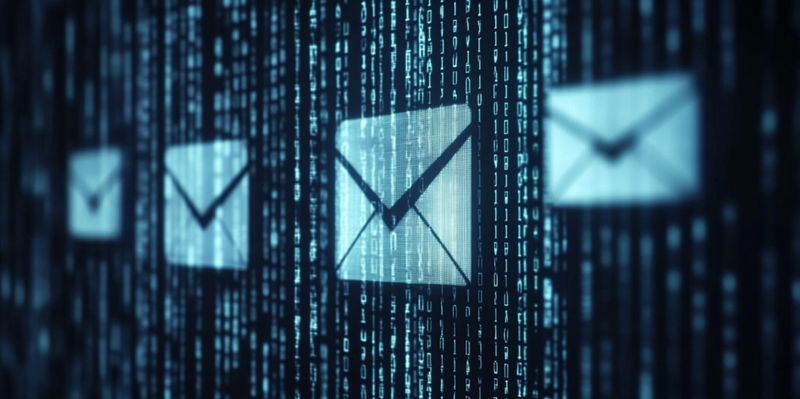The manufacturing sector is facing an unprecedented surge in sophisticated email-based cyber threats, raising questions about their readiness to defend against such attacks. These threats, often in the form of phishing and malware-laden emails, have evolved significantly, targeting manufacturing companies with greater precision and frequency. The sector’s vulnerability is largely due to the high potential for disruption and financial gain that attackers perceive within these industries. Consequently, there’s a pressing need for manufacturers to implement stringent cybersecurity measures to safeguard their operations and sensitive data.
Comprehensive security protocols are essential to counteract this menace effectively. This includes regular system updates, multi-layered defense mechanisms, and real-time threat monitoring. One critical component is employee training; workers need to be educated about recognizing and responding to phishing attempts and other malicious activities. Continuous monitoring and rapid response systems also play a pivotal role in identifying and mitigating threats before they can cause significant harm. As cyber threats continue to evolve, manufacturing industries must elevate their cybersecurity strategies to stay ahead of attackers.
In conclusion, the urgency for robust cybersecurity defenses in the manufacturing sector has never been greater, given the rise of advanced email attacks. Proactive steps, including thorough security measures and persistent vigilance, are essential for protecting manufacturing operations and maintaining data integrity against these evolving threats.

